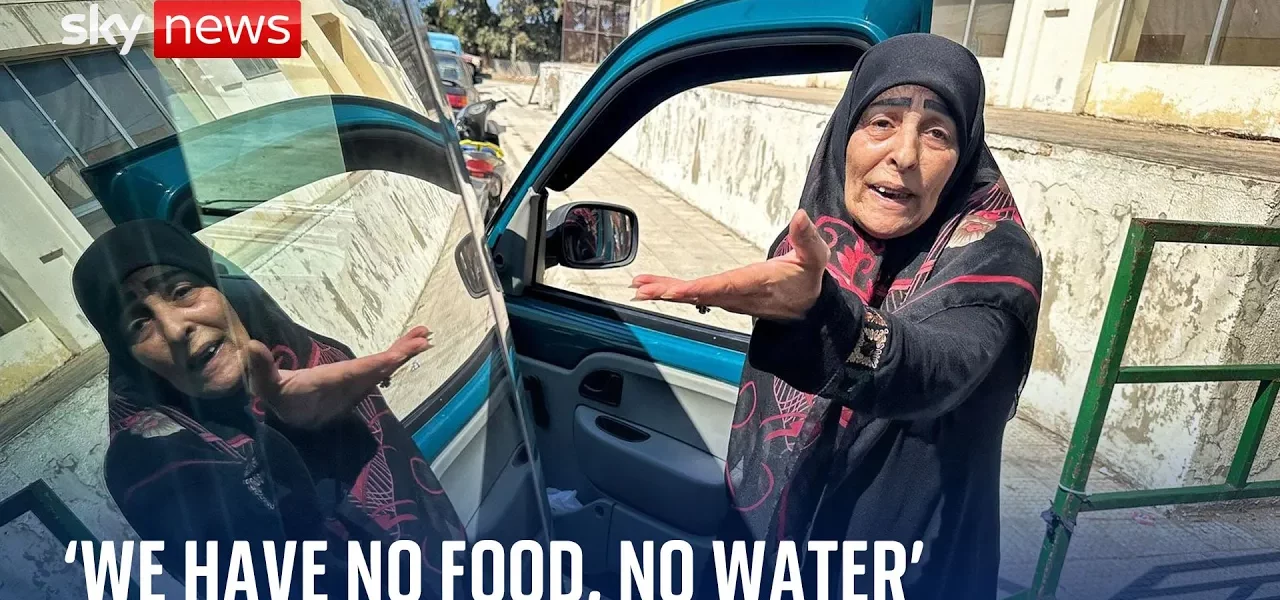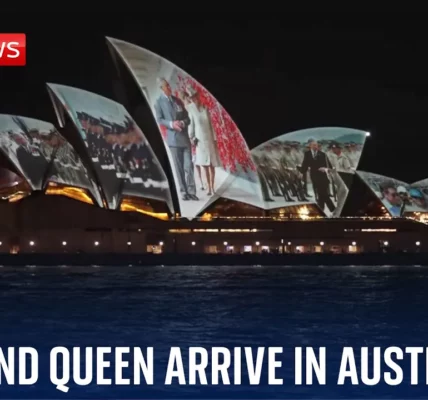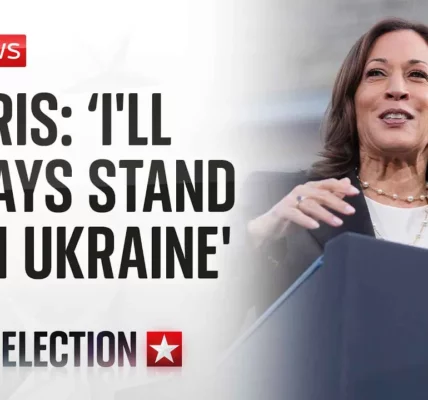Israeli Air Strikes in Lebanon: A Humanitarian Crisis Unfolds

This article explores the devastating consequences of the recent Israeli air strikes in Lebanon, highlighting the impact on civilians, the humanitarian crisis, and the broader geopolitical context surrounding these events.
Introduction
The ongoing conflict between Israel and Hezbollah has escalated dramatically in recent days, leading to extensive Israeli air strikes across Lebanon. Reports indicate that these air strikes have led not only to significant military targets being hit but have also resulted in a growing humanitarian crisis affecting countless civilians. With air strikes being reported nearly daily, the situation in Lebanon has become increasingly dire, prompting urgent calls for international attention and assistance.
Impact of the Air Strikes
The Israeli military has claimed that its air strikes are focused on specific Hezbollah positions, including military commanders and weapon stores. However, the collateral damage to civilian areas has raised serious concerns about the humanitarian implications of these military operations.
Destruction of Infrastructure
As a result of the air strikes, significant portions of Lebanon’s infrastructure have been severely damaged. Key points of concern include:
- Major roadways, especially the Coastal Highway, have been left in ruins, hindering access for emergency services.
- Residential neighborhoods have transformed into scenes of devastation, with homes reduced to rubble.
- Public services, including hospitals and schools, are under severe strain, exacerbating the crisis.
Civilian Casualties
The civilian toll of the air strikes has been alarming, with many innocent lives lost or irrevocably altered. Eyewitness accounts and reports from emergency workers highlight the tragic outcomes of these military actions.
Human Stories
Among the casualties are families torn apart by the violence. For instance, Fatima, a local resident, expressed the despair faced by many: “My family have no money, we’ve got nothing. How are we going to survive? We’ve lost everything.” Such testimonies illustrate the personal impact of the conflict beyond mere statistics.
Emergency Response Challenges
Emergency services are overwhelmed as they attempt to respond to the escalating needs of displaced individuals. Key challenges include:
- Scarcity of resources to provide basic necessities such as food, water, and shelter.
- Increased numbers of Internally Displaced Persons (IDPs) seeking assistance.
- Logistical difficulties in reaching affected areas due to damaged infrastructure.
Geopolitical Context
The background of the ongoing conflict between Israel and Hezbollah adds layers of complexity to the current situation. The Israeli government has emphasized its intent to create a buffer zone to prevent Hezbollah’s attacks on its northern communities. This has significant implications for both regional stability and international relations.
Hezbollah’s Position
Hezbollah, a Shiite militant group based in Lebanon, has been actively involved in the conflict, linking its actions to broader regional dynamics including the Gaza ceasefire. Their response to Israeli strikes has been characterized by:
- Retaliatory attacks on Israeli positions.
- A commitment to resist Israeli military operations.
International Implications
The international community is closely monitoring the situation, with calls for ceasefires and humanitarian aid growing louder. The potential for broader conflict in the region raises concerns among global powers and organizations.
Conclusion
In summary, the recent Israeli air strikes in Lebanon have not only targeted military objectives but have also inflicted significant suffering on civilians, leading to a worsening humanitarian crisis. As the situation unfolds, it is crucial for humanitarian organizations and the international community to respond to the urgent needs of those affected. The ongoing conflict underscores the need for diplomatic efforts to restore stability and peace in the region. We encourage readers to stay informed and support humanitarian efforts aimed at alleviating the suffering in Lebanon.
“`




